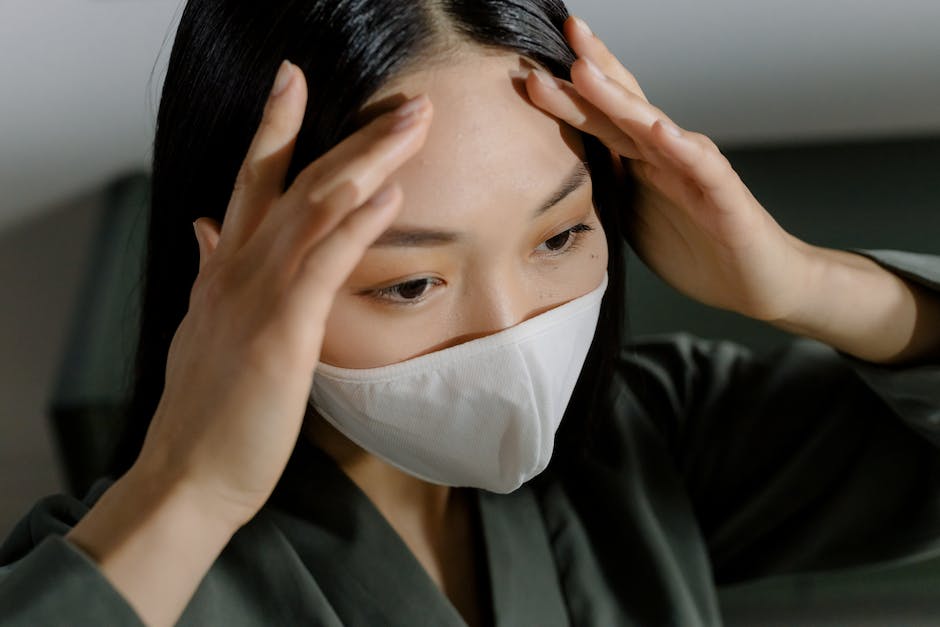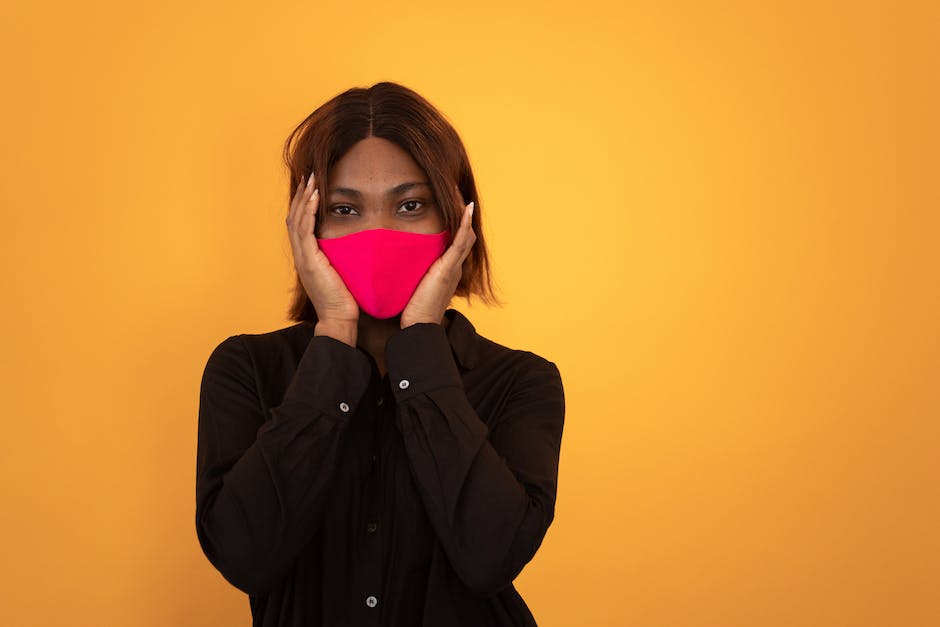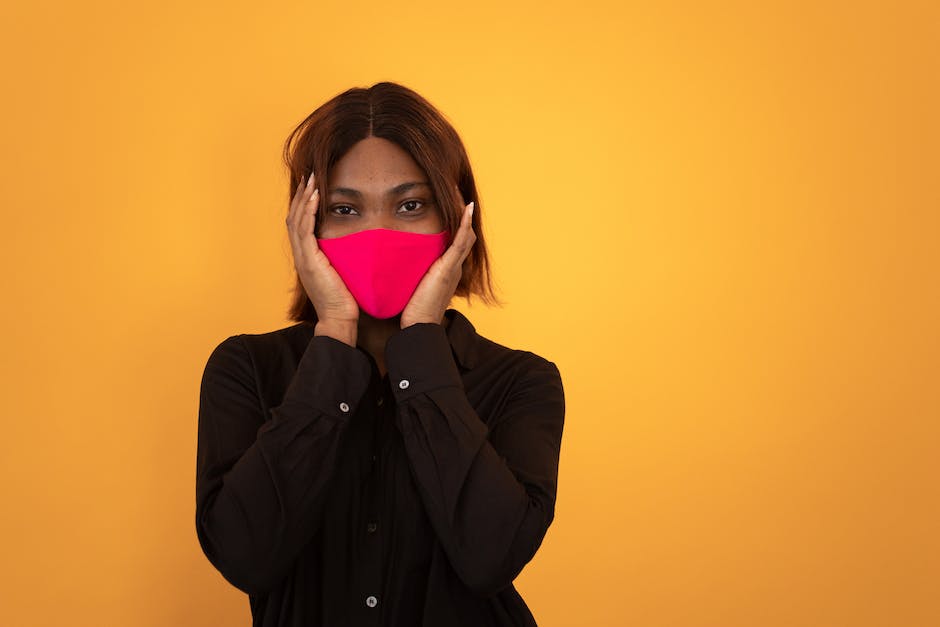Head lice are small insects that infest the hair and scalp. They are a nuisance and can be difficult to get rid of, but there are some things you can do to prevent them.
Wash your hair regularly with a lice shampoo.
Don’t share short, personal items like combs and hairbrushes.
Don’t share hats, scarves, or other headgear.
Keep your head clean and lice-free.
How do you prevent head lice naturally?
Anise oil:
Anise oil may help to coat and suffocate lice. To use, simply apply a few drops of oil to the scalp and massage in. Leave on for at least 30 minutes before shampooing out.
Olive oil:
Olive oil offers similar benefits to anise oil, potentially suffocating lice and preventing them from coming back. To use, apply a generous amount of oil to the scalp and massage in. Leave on for at least 30 minutes before shampooing out.
Coconut oil:
Coconut oil may help to suffocate lice and prevent them from coming back. To use, apply a generous amount of oil to the scalp and massage in. Leave on for at least 30 minutes before shampooing out.
Tea tree oil:
Tea tree oil has antiseptic and anti-inflammatory properties that may help to soothe the scalp and kill lice. To use, add a few drops of oil to a carrier oil such as olive oil or coconut oil and massage into the scalp. Leave on for at least 30 minutes before shampooing out.
Petroleum jelly:
Petroleum jelly may help to coat and suffocate lice.
If you’re feeling stressed about having lice, it’s important to remember that you’re not alone. Many people go through this experience and come out the other side just fine. Here are some tips to help you cope:
1. Get the facts. Knowing the facts about lice can help you feel more in control and understand how to handle the problem, which can greatly help reduce your stress about the situation.
2. Cut yourself some slack for feeling anxious. Often, we know the medical facts but still feel anxious about something. That’s perfectly normal.
3. Breathe. This may sound cliché, but deep breathing can help your body relax and can be a great way to managing stress in the moment.
What causes head lice to begin
Head-to-head contact is the most common way to spread head lice. This can happen when kids are playing at school, at home, or during other activities like sports or sleepovers. Although it’s not as common, head lice can also be spread by sharing clothing or other personal items.
There are a few things to keep in mind if you think you might have head lice:
1. Head lice are most commonly found in children, but adults can get them too.
2. If you have any close contact with children or parents of children, you may be at risk of catching head lice.
3. Head lice are most often spread through head-to-head contact.
4. If you think you might have head lice, it’s important to check your hair carefully and look for signs of lice or eggs.
What smell keeps lice away?
There is no one definitive answer to this question, as there are many variables to consider. However, using a coconut scented shampoo and conditioner is an easy way to increase your defense against lice. At 1% concentration, tea tree oil has been shown to be effective at killing lice after 30 minutes.
Lice and nits can live on pillows and sheets. Lice glue their eggs to the hair strands of their host. However, if a piece of hair with an egg falls out while the lice host is sleeping, an egg could end up on pillows or sheets.
Will lice go away on its own?
If you have head lice, it’s important to remove them as soon as possible. Head lice can survive for one or two days if they fall off the scalp, but their eggs (nits) cannot hatch and usually die within a week if they do not remain under ideal conditions of heat and humidity similar to those found close to the human scalp.
Although lice are commonly thought of as a children’s problem, adults can get them too. In fact, adults can get lice anytime their hair is in close contact with the hair of someone who has lice. Whether public transportation, concerts, or crowded areas, any situation in which there is hair to hair contact puts adults at risk of getting lice.
Can lice go away without treating it
There is no getting around it, lice are a fact of life. If you have lice, it is important to take measures to get rid of them as soon as possible. There are a number of lice removal products on the market, and there are also a number of home remedies that can be effective. The most important thing is to be patient and to keep at it until all of the lice are gone.
Permethrin lotion 1% is a safe and effective treatment for head lice. When used as directed, it will kill live lice but not unhatched eggs. It may also continue to kill newly hatched lice for several days after treatment.
Can you get lice from wet hair?
Head lice are insects that spend their entire lives on the scalp of their host. They are wingless and less than 4mm in size. Head lice are dependent on the blood of their host for food and need the moisture from the scalp to survive. There is no evidence that wet or sweaty hair attracts head lice more than regular hair.
There is no reliable data on how many people get head lice each year in the United States; however, it is estimated that 6 million to 12 million infestations occur each year among children 3 to 11 years of age.
Are some people immune to lice
Lice are a fact of life, and there’s no need to feel ashamed if you get them. The best way to prevent them is to check your head regularly and take steps to remove them if you find them.
There is no specific hair type that lice prefer. All lice need is a clean strand of hair to attach to. It doesn’t matter the thickness, the length, if it’s been colored, if it’s straight, or if it’s curly. It has been found that people with longer hair tend to report getting lice more often.
Is it possible to have no lice?
Lice are small, wingless insects that live on the scalp and feed on human blood. They lay eggs, called nits, which hatch into nymphs and then into adult lice. It is possible to have nits and no lice if the infestation is in the early stages, before the nits have hatched into nymphs.
There are recent studies that show that treatment of lice with heat can be quite effective in killing head lice. Products such as Lousebuster are very effective, but even a home hairdryer can successfully treat lice.
How long does head lice last
Adult lice can survive for up to 30 days on a person’s head. They feed on blood several times a day and without this food source, they will die within 1-2 days.
Head lice are a common problem for many people, especially young children. It’s important to note that head lice do not hide in mattresses during the day like bed bugs—they want to remain on the scalp of their hosts continuously. And lice can only crawl—no jumping or flying, which means they can only be contracted by direct contact. If you think you may have head lice, it’s important to check yourself and your family members for lice and nits (lice eggs). If you find lice or nits, you’ll need to treat them promptly to avoid spreading them to others.
Final Words
To prevent head lice, avoid sharing personal items such as hats, brushes, or combs. Keep your hair clean and dry, and avoid contact with people who have head lice. If you think you may have head lice, consult a healthcare professional.
There are many ways to prevent head lice, but the most important thing is to keep your hair clean and avoid sharing personal items with others. Head lice are most commonly spread through head-to-head contact, so it’s important to avoid close contact with others who may have head lice. You can also use a lice shampoo or spray to prevent head lice, and there are many home remedies that can be effective as well.

